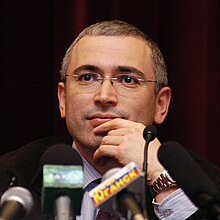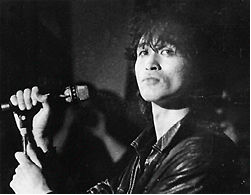Mongol director Sergei Bodrov on navigating the perilous Hollywood battlefield
In response to all that — and to the tragic death in an avalanche of his son Sergei Bodrov Jr., a star of Russian television who had made his film debut in Prisoner — Bodrov did the smart thing. He quit being a director for hire and made the movie he wanted to make. "My life changed," says Bodrov, sprawled on a couch at the Beverly Wilshire in L.A., looking exhausted from months of promotional globetrotting for his latest film, Mongol. "I wanted to go away, and to be busy."
A two-hour epic that rewrites the life of Genghis Khan from boyhood to his forging of a Mongolian Empire out of warring tribal clans in the 12th century, Mongol was planned as the second in a trilogy following Nomad, which Bodrov, who completed the film, now dryly calls "a learning experience." But Mongol, which was shot in Mongolia, China, and Kazakhstan, stands alone as a terrific picture furnished with gorgeous scenery, visceral battle scenes worthy of an Asian action picture, a passionate love story complicated by a male-buddy scenario, furry costumes to die for, and a score fortified with music from a Mongolian folk-rock band. In other words, the movie, which brought Bodrov a second Oscar nomination earlier this year, is well placed to hit all four demographic quadrants and make a splashy swan song for departing distributor Picturehouse.
Trained by Andrei Tarkovsky, Bodrov cut his teeth as a screenwriter and director making sardonic, semi-experimental critiques of Russia under Communism. (His early film The Non-Professionals, which features a cow, a scruffy rock band touring the Kazakh outback, and an old-age home for worn-out lady Communists, is a must-see.) But Bodrov has powerful commercial instincts, a screenwriter's practiced funny bone, and a maverick's suspicion of official stories. Indeed, Mongol is nothing less than a revisionist biopic, if revisionist is the word for a man about whom next to nothing is definitively documented. "His history was written by his enemies," says the director, who never quite believed the tales of brutality he grew up on in Russia, which was occupied by the Mongols for 200 years. To read more:http://www.phoenixnewtimes.com/2008-06-19/film/warrior-king/











